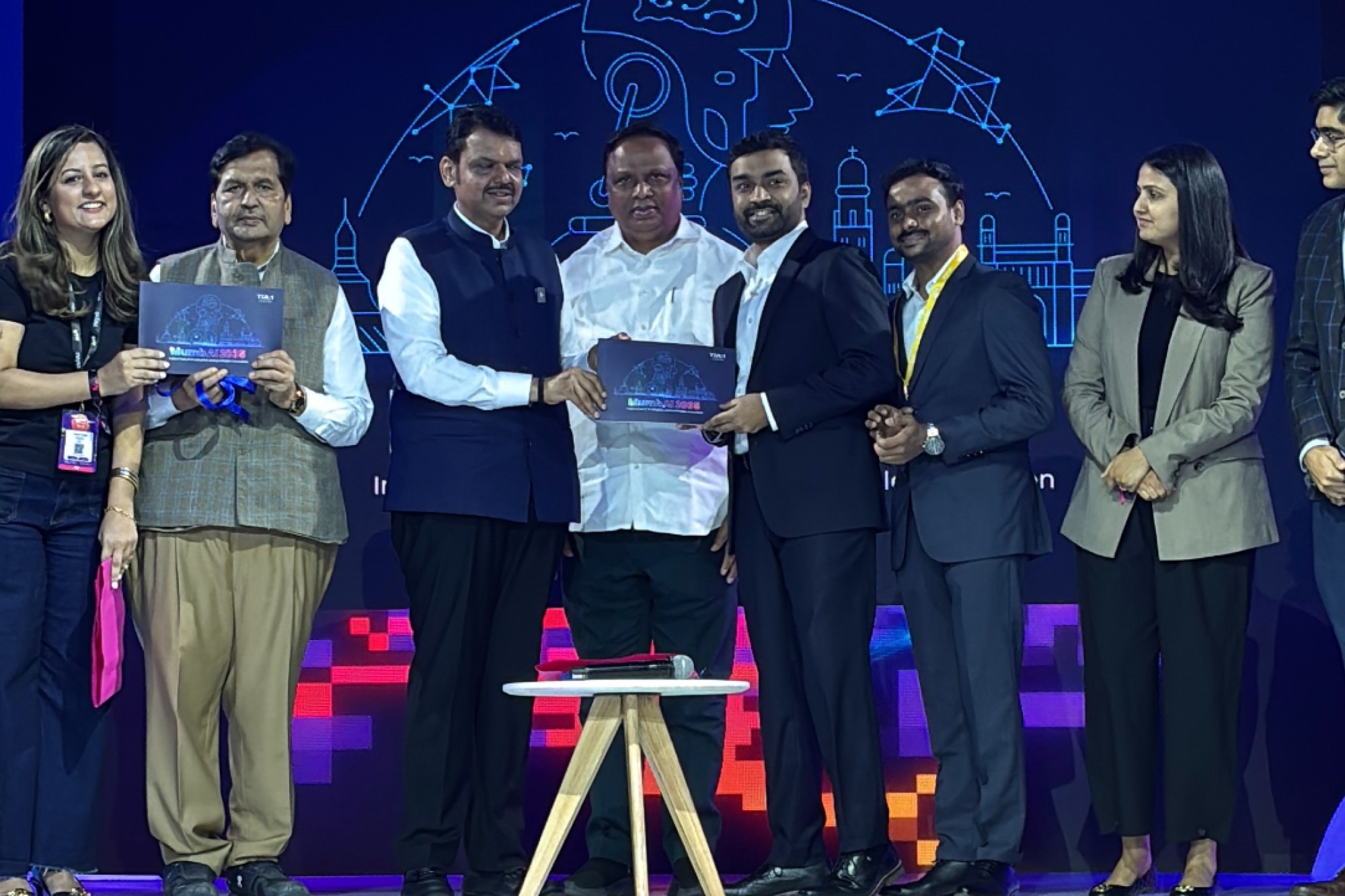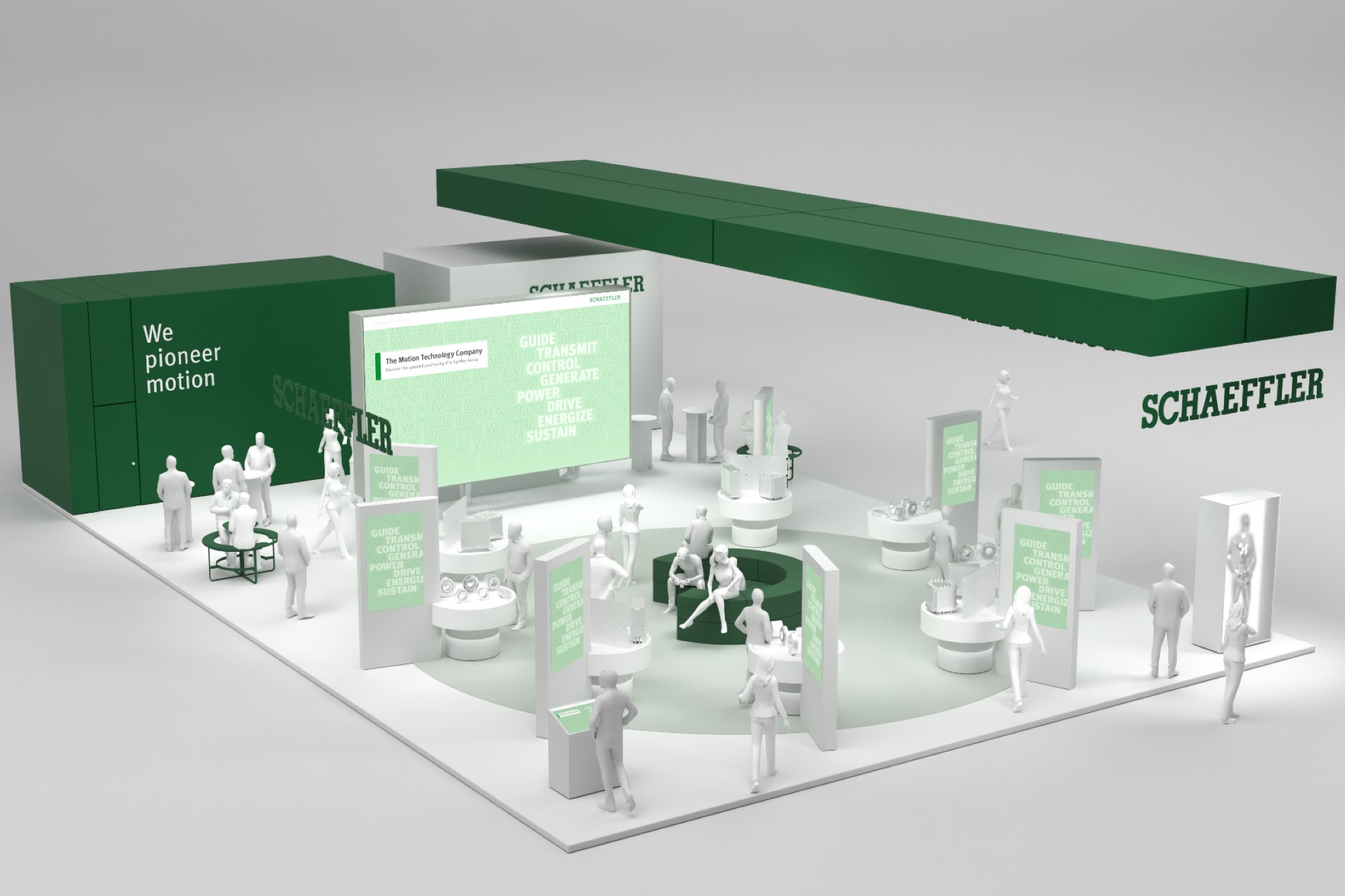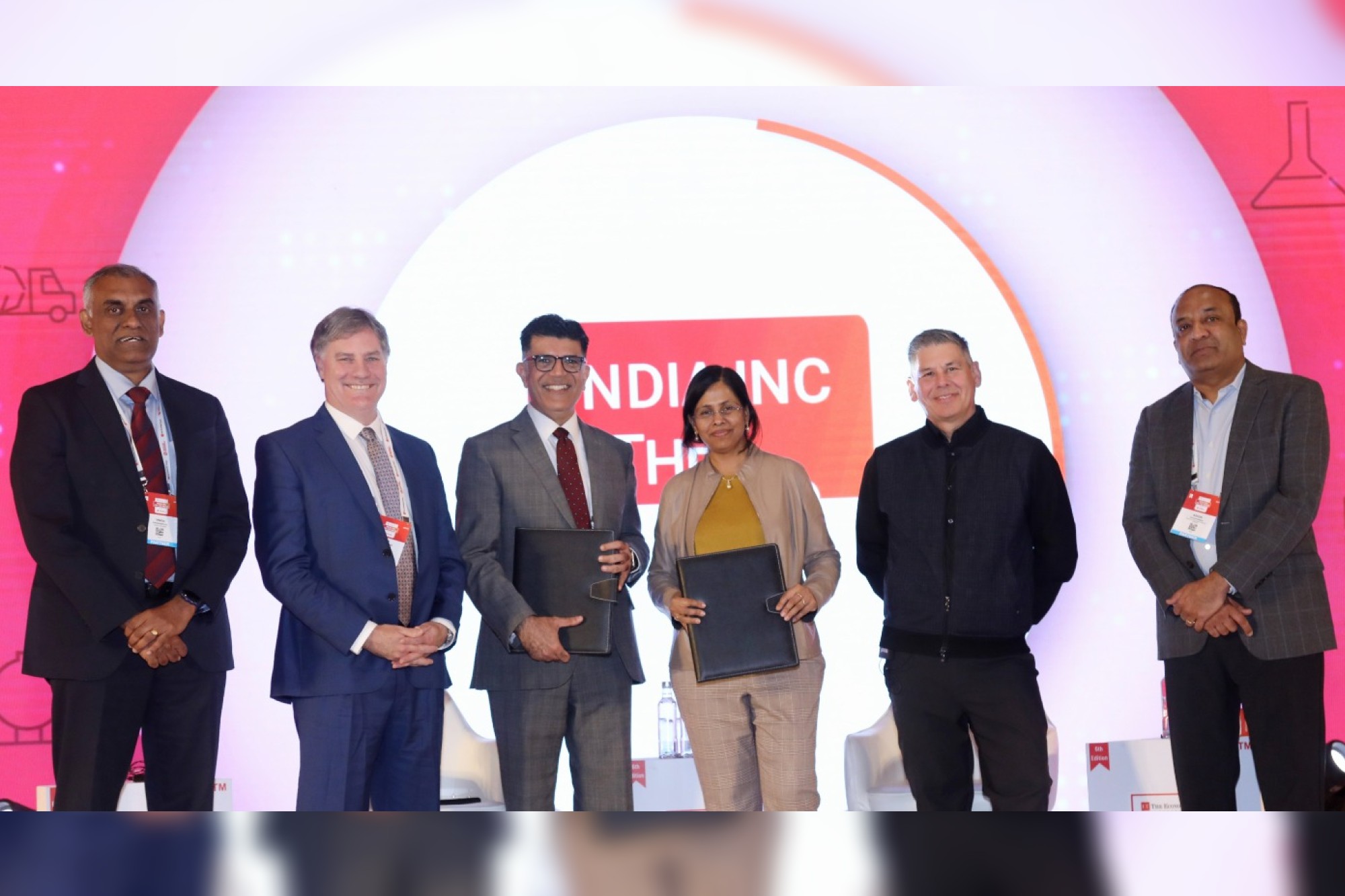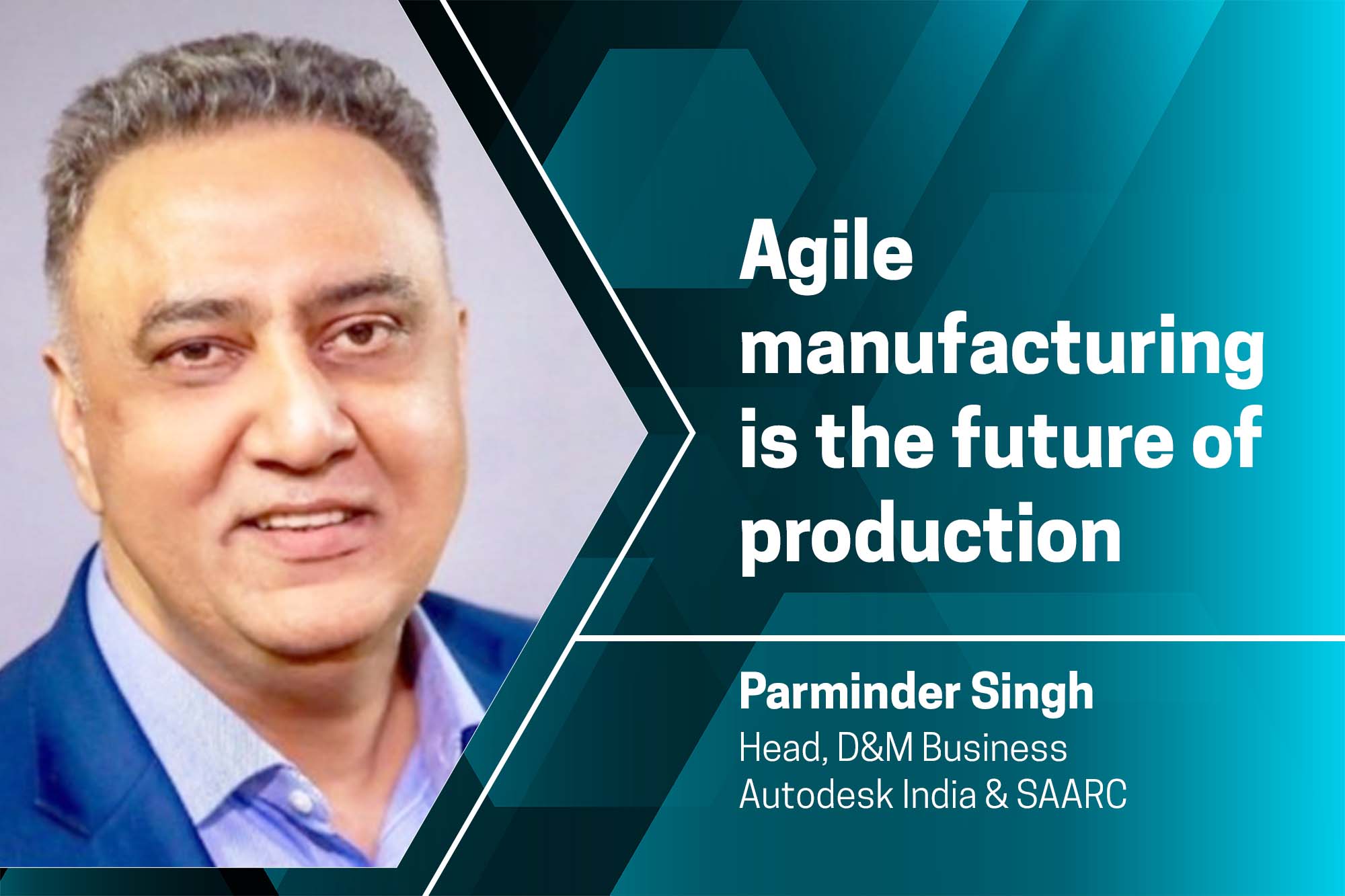Smart factories can enhance sustainability and productivity in manufacturing
By OEM Update Editorial April 1, 2023 7:00 pm IST
Integrating advanced technologies, such as AI, ML, IoT, and robotics, has optimised various processes across industries, including manufacturing, logistics, and warehousing. Furthermore, adopting smart factories has been vital for promoting sustainability, reducing energy consumption, and providing safer and more efficient work environments for employees. Schneider is one of the companies that recognise the importance of smart factories and advocates for the industry’s shift towards this setup for efficient and sustainable operations.
What benefits have Indian industries gained from Industry 4.0 technology and smart factories?
Indian industries are experiencing a transformation through the increasing adoption of automation and robotics. Deploying industrial automation systems, such as Industry 4.0, empowers Indian businesses to participate in the next industrial revolution. This technology gives the manufacturing industry the tools to execute predictive maintenance and minimise downtime. The use of advanced equipment in smart factories improves productivity levels and quality. Leveraging machine learning algorithms helps industries diagnose concerns, reduce manufacturing errors, and save time and money.
Collaborative robots provide a safer and more efficient alternative to traditional industrial robots, making them ideal for small and medium-sized businesses that require flexibility in their production processes. Adopting automation technologies, such as automated guided vehicles, robotic arms, and automated storage and retrieval systems, is transforming the Indian logistics and warehousing industry, reducing costs, improving productivity, and enhancing competitiveness. Indian industries also focus on energy efficiency and sustainability by adopting advanced driving and control technologies.
How do emerging technologies optimise industrial automation and benefit businesses?
Industrial automation decreases production costs and improves product quality, leading to long-term profits. This digitalisation of the industrial sector makes processes efficient by leveraging robots, computers, and other control systems to supervise various tasks. AI and ML technologies are being used to develop intelligent automation solutions that can learn and adapt to changing conditions. IoT technologies connect and integrate different devices and systems within an automation environment, allowing businesses to optimise operational and functional practices.
Robotics is being leveraged to develop robots that can perform various tasks in manufacturing, logistics, and other industries. Cloud computing technologies store and process large amounts of data generated by automation systems, enabling businesses to analyse data in real time and make informed decisions. Advanced sensors collect data on various aspects of an automation environment, such as temperature, pressure, and vibration. AR and VR technologies are used to develop training and simulation tools that help operators and maintenance personnel to learn and practice complex tasks in a safe and controlled environment.
How can SMEs and MSMEs overcome automation adoption barriers, and what role can technology providers play in providing the necessary expertise and technology?
The adoption and implementation of automation for SMEs and MSMEs face several barriers, including proprietary industrial automation architectures that constrain innovation and increase the total cost of ownership. Lack of awareness and understanding of the benefits and potential of these technologies also hinders their adoption.
The manufacturing industry has seen immense growth due to the integrating of industrial robots and automation, leading to a collaborative effort between humans, robots, and machines to deliver consistent quality. Employees can focus on solving more complex problems by delegating repetitive tasks to robots.
The introduction of robots in factories has reduced error margins, increased precision, and created a safer work environment for employees. Additionally, the rise of robotics has led to better job opportunities in programming, software development, testing, maintenance, and servicing. Technological advancements, such as robotics, have become necessary for companies to stay competitive in a constantly evolving industrial landscape. Therefore, it is crucial to embrace these advancements to achieve long-term success.
How does the implementation of factory automation benefit manufacturers in terms of cost and efficiency, and how can it help them adapt to a constantly evolving industrial landscape?
Implementing factory automation requires a long-term outlook to evaluate its cost and benefits. Although the initial investment in factory automation may seem expensive, the higher ROI returns make it a compelling business case to upgrade the manufacturing process. The traditional method of establishing a new factory infrastructure for every new product iteration must be updated. The modern, software-centric approach has introduced a-la-carte automation solutions for boundless innovations.
Future factories must be aligned with the rapidly evolving world by producing top-notch products in line with global standards. The implementation of factory automation presents an opportunity for manufacturers to future-proof their operations by moving towards a smart factory setup.
How do smart factories promote sustainability and boost productivity? Any example of how Schneider uses them?
Smart factories connect people with machines to optimise overall operations, achieve higher business profitability and productivity, and empower the workforce to make data-backed decisions for integrating safety and efficiency across processes. The easy access to information through user manuals, instructions, and diagrams, among other data, reduces operator errors and ensures effective information delivery.
Additive manufacturing guarantees sufficient supply to meet demand without compromising quality, while IoT-enabled monitoring systems pave the way for predictive maintenance, increasing asset performance and reducing downtime. Most importantly, smart factories are essential for sustainable development, as they reduce energy consumption and carbon footprint. Schneider recognises the importance of smart factories and strongly recommends the manufacturing industry shift towards this setup for efficient and sustainable operations.
Cookie Consent
We use cookies to personalize your experience. By continuing to visit this website you agree to our Terms & Conditions, Privacy Policy and Cookie Policy.
















